
Menno Simons College Blog
Preparing for Uncertain Futures: Careers that Fight Climate Change Network
Posted by CMU Staff | Wednesday, January 31, 2018 @ 2:50 PM
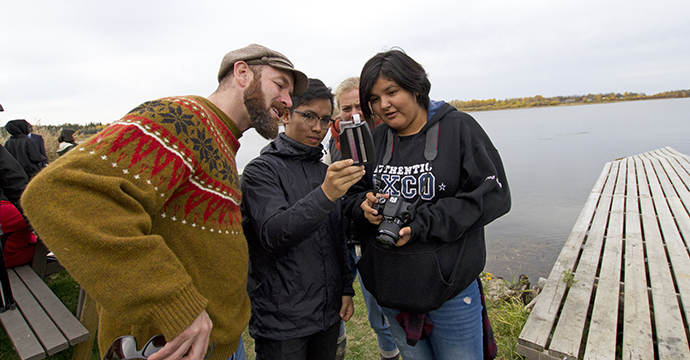
Climate change is more a cultural problem than an environmental one. As a professor in Conflict Resolution Studies at MSC, one area I specialize in involves analyzing emerging patterns of climate-conflict and developing culturally adaptive interventions to address the preconditions of conflict related to ecological pressures. This year, we launched the Careers that Fight Climate Change Network (CFCCN), an experiential learning and mentorship program designed to promote collaborative relationships and interactive learning among 24 Indigenous and newcomer youth from two inner-city Winnipeg Schools.
This is a fitting demographic since climate change impacts the lives of people from land-based Indigenous cultures, as well as people from ecologically vulnerable areas who've been forced to migrate because their homes and livelihoods have been destroyed by climate related disasters and conflict. Our program foregrounds Indigenous land-based knowledge and teachings as a decolonizing path toward both social and ecological forms of reconciliation. The structure of the program includes built-in conflict resolution processes, while the content focus is on learning about creating and sustaining regional and global interdependence. This combination of "soft" and "hard" skills teaches youth key skills for building long-range ecological, social and economic resilience in our communities.
The four major themes we covered each included field trips involving customized programming developed in collaboration with our partners. Our first field trip theme was Interdependence, Treaty, Ecology and involved a trip to Lower Fort Garry National Historic Site where Treaty 1 was signed in 1871. The second was organized around Renewable Energy and Social Enterprise and took place at Winnipeg's dynamic Social Enterprise Centre (SEC) located at 765 Main Street.
Our third field trip focused on Water Stewardship, Health and Interdependence, and we visited the source of Winnipeg's drinking water: Shoal Lake 40 First Nation. While at Shoal Lake Canadian Mennonite University biology professor, Dr. Rachel Kraus, led a water testing workshop where youth learned how to monitor, evaluate and protect this precious resource. Our fourth and final field trip took us back to CMU to learn about Seed Saving, Food Security and Community Agriculture from professor/farmer Kenton Lobe and members of the Metanoia Farmer's Cooperative. Youth worked in the garden, learned about Indigenous food sovereignty from Cree educator Tabitha Martens, and ate fresh squash soup as we discussed how to grow food and save seeds in a changing climate.
CFCCN continues to create opportunities for youth to develop technical and interpersonal skills as they gain regional exposure to the local and global realities of climate change. Through these experiences the goal of CFCCN is to empower youth to turn these challenges into economic opportunities that simultaneously contribute to local-level resilience and reconciliation.
Dr. Jobb Arnold is Assistant Professor of Conflict Resolution Studies at Menno Simons College.
Connect with CFCCN on Facebook @CFCCNWinnipeg and on Twitter @CFCCN204.
Faculty: In Their Own Words
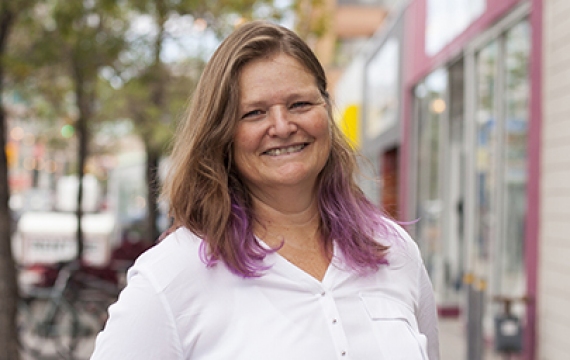
Karen Ridd, Teaching Associate Professor, Conflict Resolution Studies
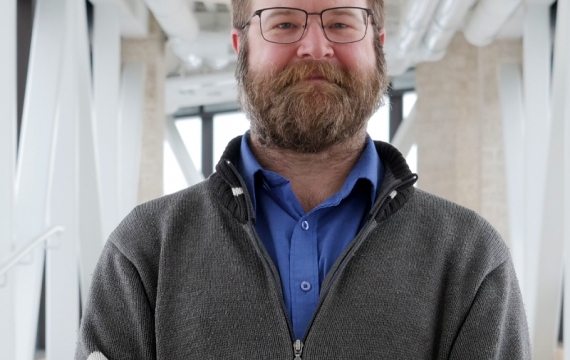
Dr. Jonathan Sears, Associate Professor of International Development Studies
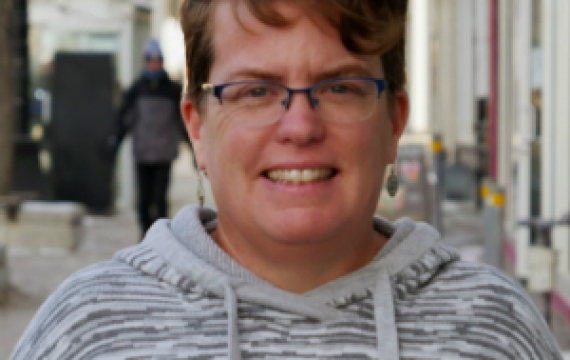
Dr. Jodi Dueck-Read, Assistant Professor of Conflict Resolution Studies
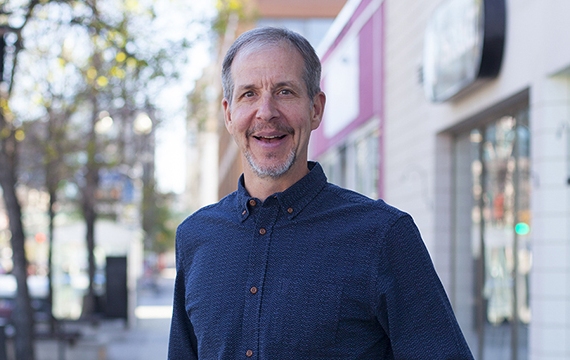
Dr. Jerry Buckland, Professor of International Development Studies



 Print This Blog Post
Print This Blog Post